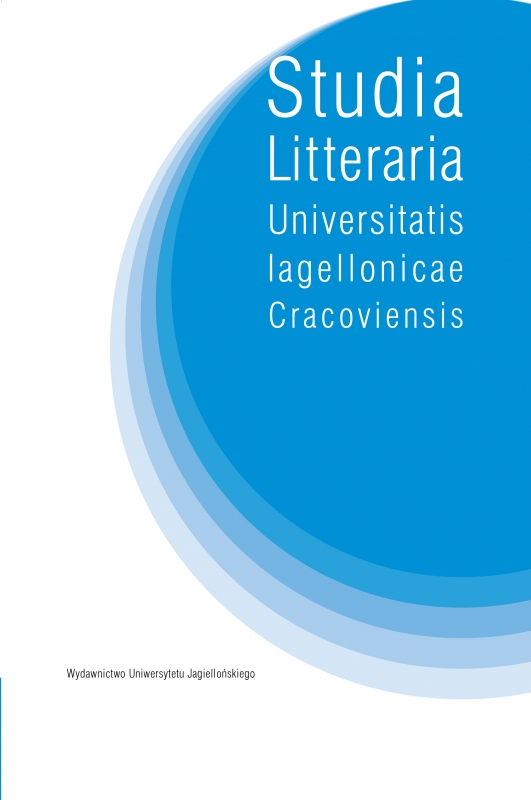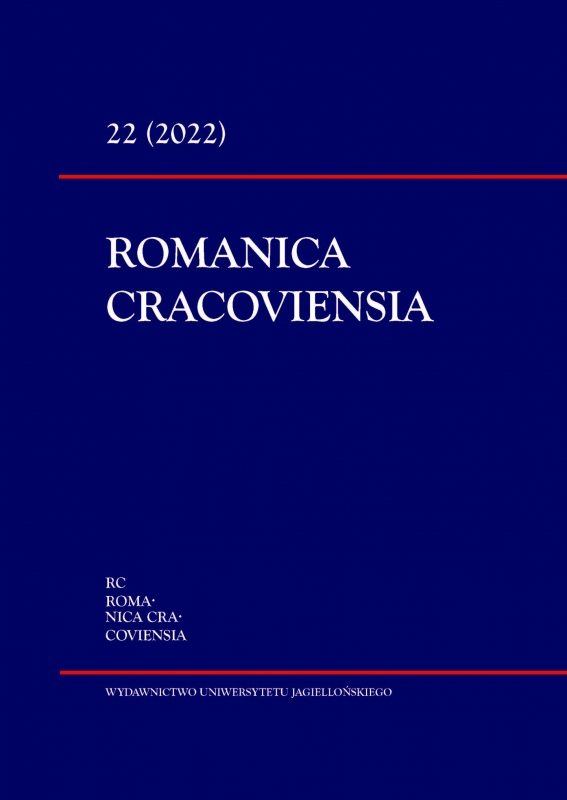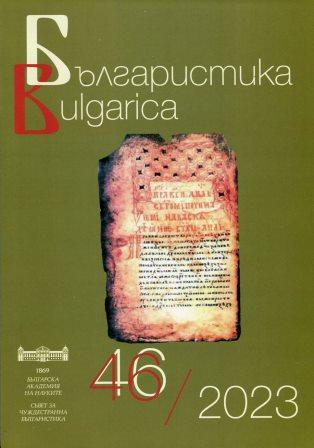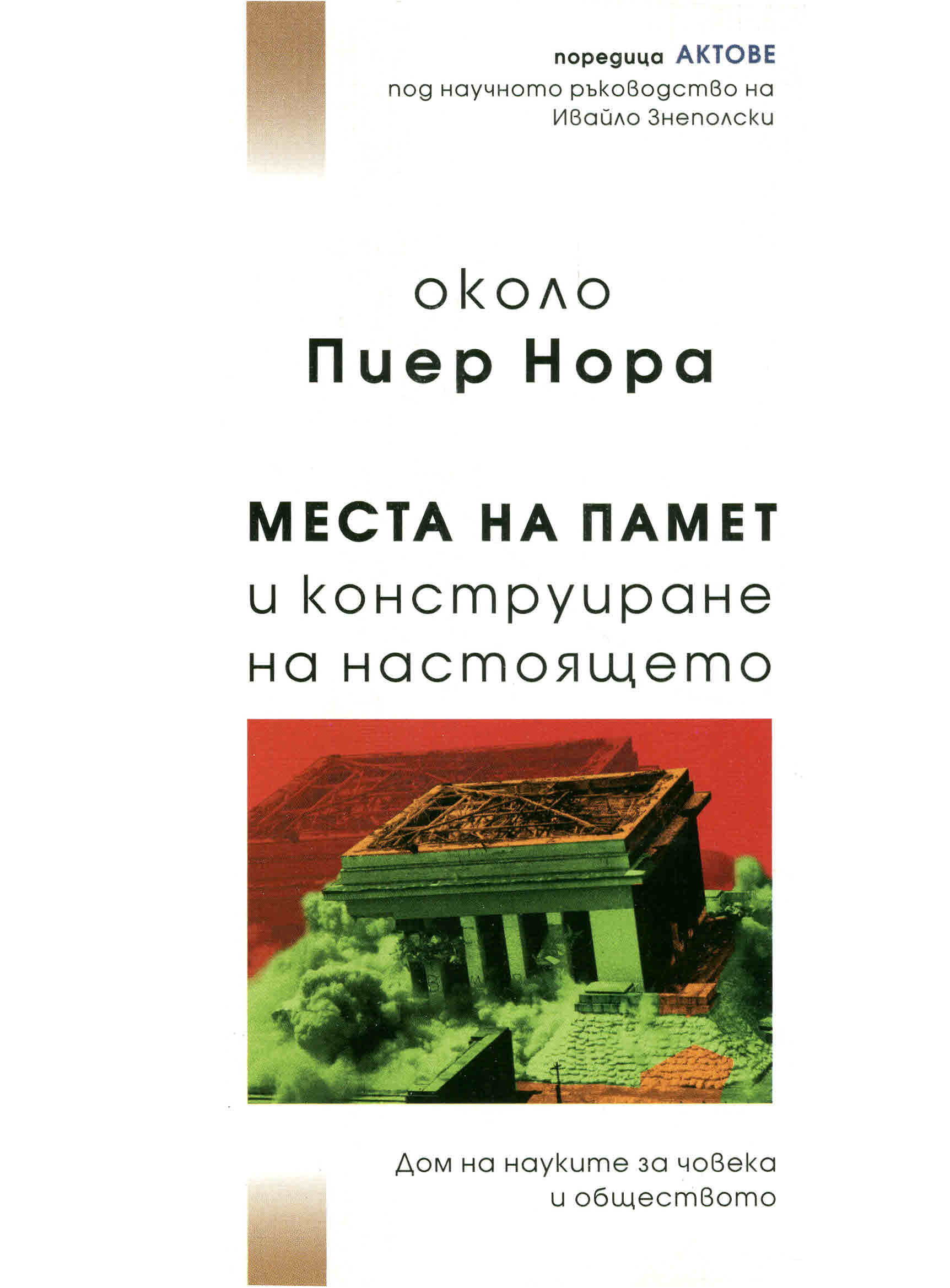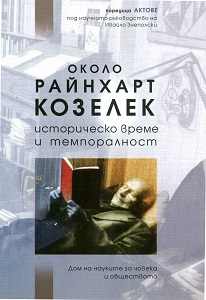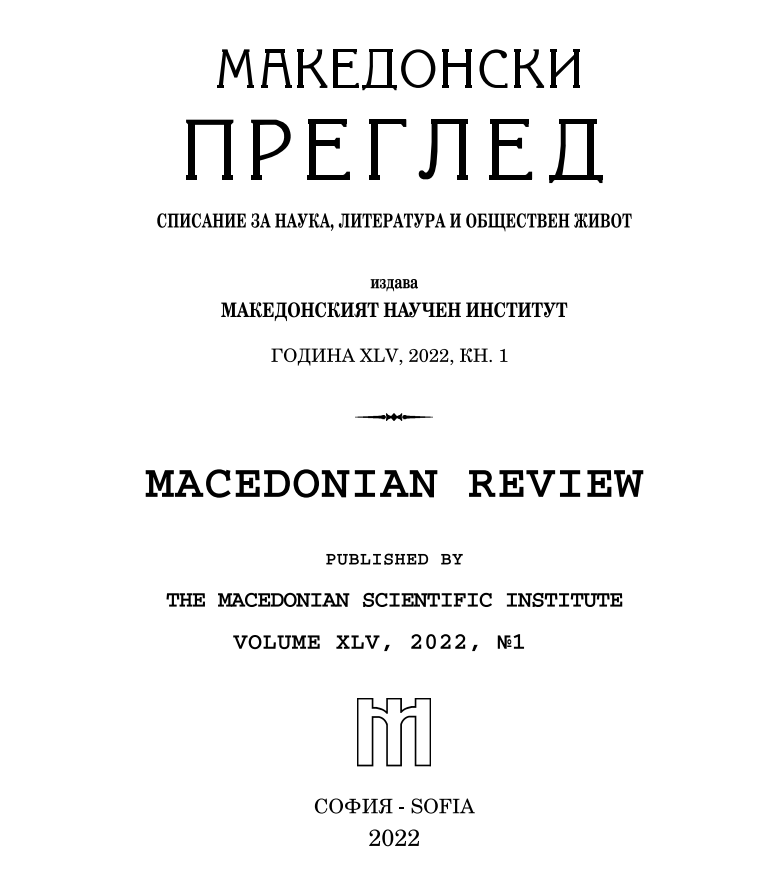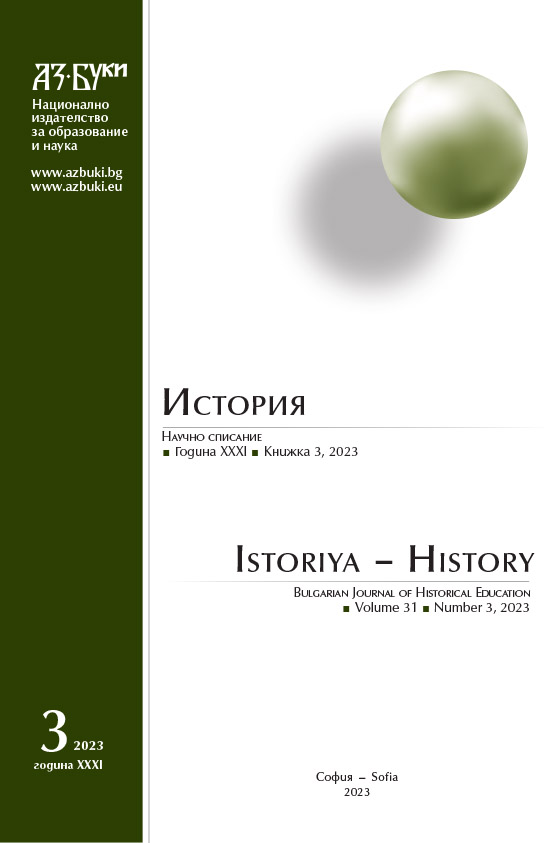
Новата организационно-управленска структура на ,,Международен панаир“ АД – Пловдив, за периода 1997 – 2001 година
The research aims to show the adaptation of “International Fair” JSC, Plovdiv to the changes in the national economy related to the integration of Bulgaria into the European Union. The new organizational and management structure of the company contributes to this. Based on newly received documents in the State Archives – Plovdiv, a period of its recent history is being studied for the first time. With the help of the descriptive and systematic method, the essence of the new organization and management, as well as the results achieved with it, have been revealed. The comparative method was applied in the comparison with foreign fair practices. The most important conclusion that emerges from the discussed topic is that the Plovdiv International Fair manages to adapt to the market specifics, to the rapidly changing economic situation in the country. It maintains its leading position in the country’s trade relations.
More...
